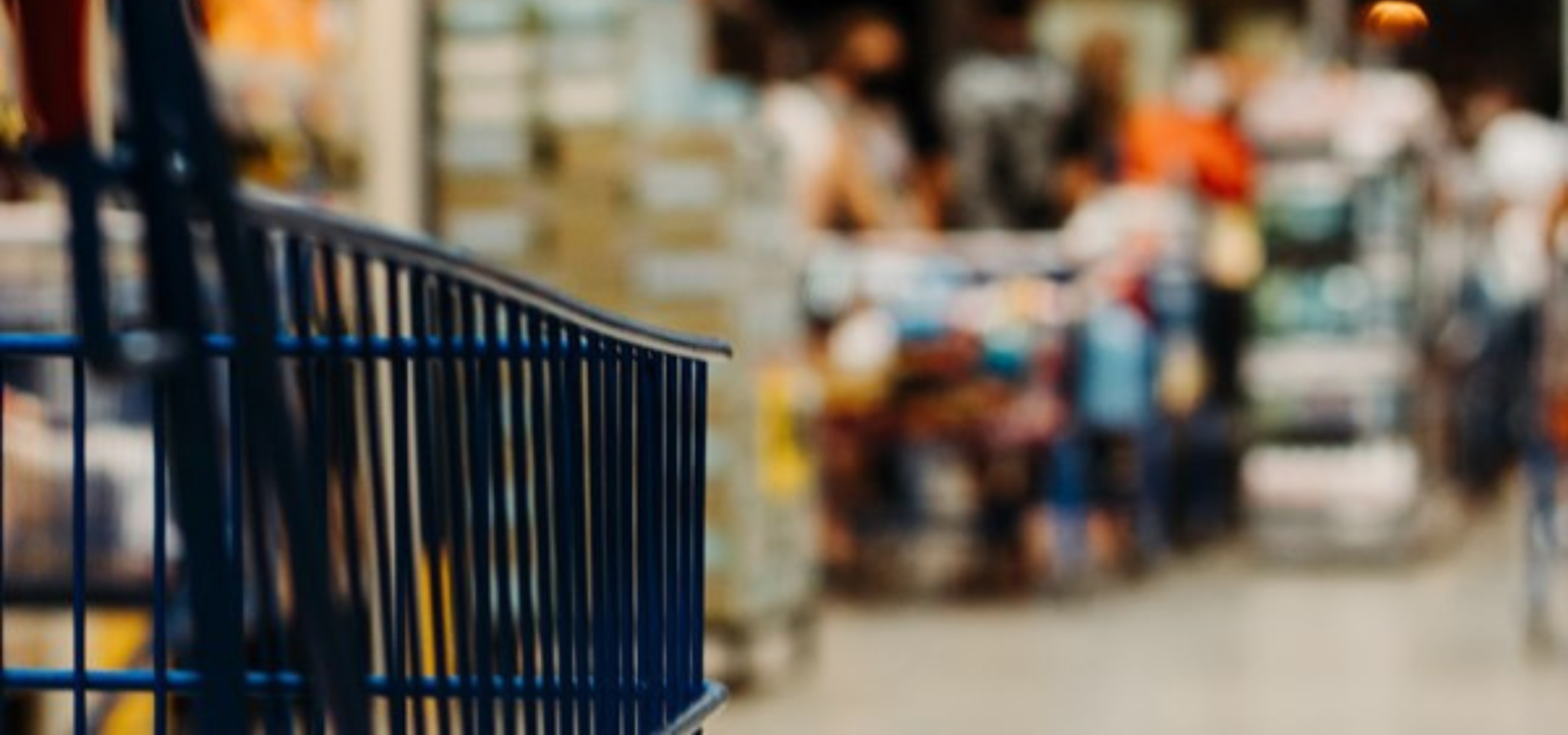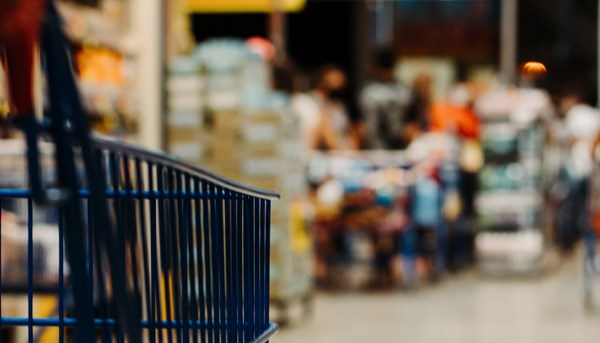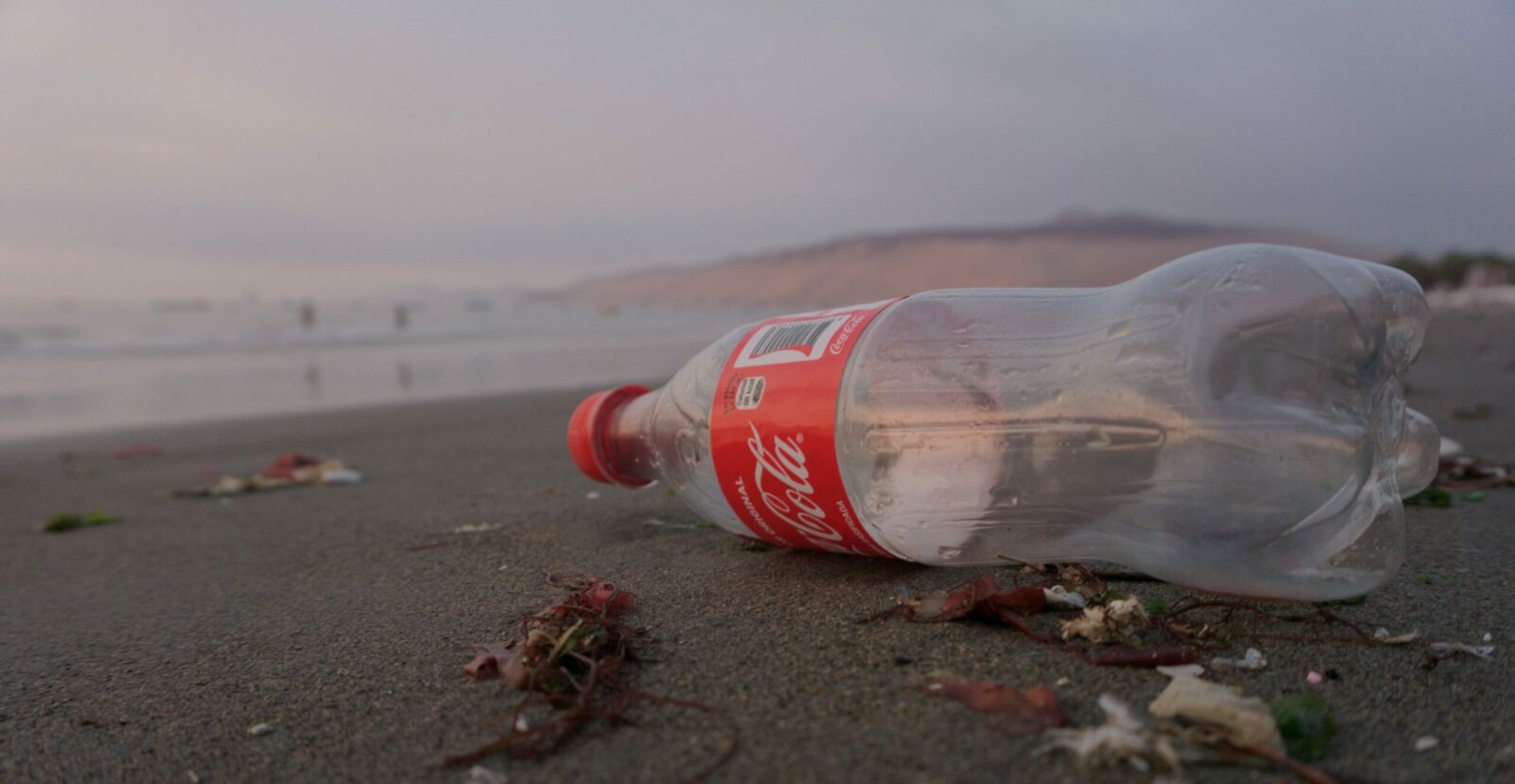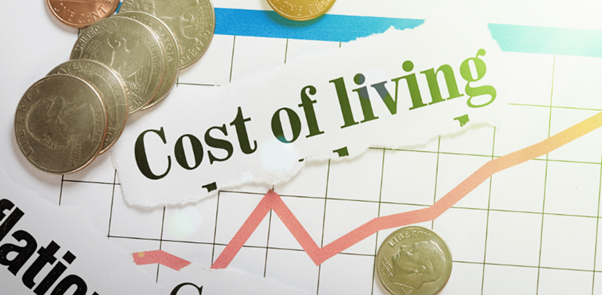
GOOD For Business
GOOD For Business is a weekly roundup of some of the most pertinent global stories from the world of Purpose.
Sign up to receive GOOD For Business as a newsletter straight to your inbox every Friday on the link here.

When dependency turns habitual: foodbanks and supermarket surplus
There are times when despite best intentions, making positive change can lead to unintended consequences. Supermarkets’ commitment to reducing food waste and keeping consumer food cost steady has become one of those occasions. As a result of this effort, food waste charity FareShare have seen rapidly decreasing supermarket surplus donations, losing around 200 tonnes every month this summer. Due to global supply chain issues, there currently is – and will continue to be, less surplus food to give away. So how do we remove this dependency on supermarket surplus? During the pandemic we saw businesses stepping in to fill the gap for hygiene products and vaccine logistics, ensuring a minimum level delivery of services. With food banks seeing a shortfall at a time when need is greatest, can businesses step up to provide a more stable level of supply?

Greenwashing guidelines: a way through the sustainability comms storm
Stories of greenwashing have dominated headlines this year as consumers become increasingly literate in false claims and misleading jargon. As a result, brands are becoming scared to make a misstep or become tarred with the greenwashing label for fear of damaging public reputation. This makes sense but doesn’t help push efforts and constructive sustainable storytelling forward. Enter Kering, who have become the first fashion house to issue sustainable messaging guidelines for their brands, outlining best practice for sustainable storytelling. The fashion industry is particularly guilty of greenwashing, so Kering has taken a decisive stance in positively pushing forward the sector. Confident and decisive leadership is what is needed to guide brands through the sometimes-tricky landscape, and creating informed guidelines is a great place to start.

Can COP27 retain its legitimacy with Coca-Cola as sponsor?
This week, COP27 announced Coca-Cola as a sponsor. Chris Norman, GOOD’s CEO and co-founder, spoke to Campaign Magazine about the decision. It is a confusing one, both from the perspective of why the organisers of COP27 would accept Coca Cola’s sponsorship, officially the world’s biggest plastics polluter and why Coca Cola would seek this sponsorship opportunity, knowing that it will spotlight their woefully inadequate response to the environmental damage they are causing.
Coca Cola’s aim of having 25% of its packaging globally to be reusable by 2030 is just one example of falling catastrophically short of the level of action required to address the damage their plastic own packaging is causing.
Coca Cola’s sponsorship of COP27 gives their pedestrian pace of change a veneer of acceptability, and no doubt COP27 organisers have promised them a platform to position Coca Cola as leaders of the environmental movement to reduce fossil fuel derived plastic. But let’s be very clear, they are not, and never have been leaders in the movement to reduce the amount of plastic used the world.
Nothing short of Coca Cola announcing they are abandoning the use of virgin plastic and a massive investment to clear up the pollution their packaging has caused, and is still causing, could justify their involvement in COP27. Let’s hope that is their plan but be prepared to be seriously underwhelmed.

Cost of Living Weekly Watch
Gas shortage warning issued as households told to ration ahead of bitter winter (telegraph.co.uk)
Cost-of-living crisis sparking demand for higher paid jobs, says recruiter | Evening Standard
NHS nurses not eating at work in order to feed their children, survey finds | NHS | The Guardian


